欧洲的某个地方-HD中字
欧洲的某个地方-HD中字
- 主演:
- Artúr,Somlay,Miklós,Gábor,Zsuzsa,Bánki
- 导演:
- Radványi,Géza
- 地区:
- 其它
- 时间:
- 2025-07-04 19:49:37
- 年份:
- 1948
剧情:Somewhere in the remote region, the war ends. In the midst of ruined cities and houses in the streets, in rural hamlets, everywhere where people still live, are children who have lost their homes and parents. Abandoned, hungry, and in rags, defenseless and humiliated, they wander through the world. Hunger drives them. Little streams of orphans merge into a river which rushes forward and submerges everything in its path. The children do not know any feeling; they know only the world of their enemies. They fight, steal, struggle for a mouthful of food, and violence is merely a means to get it. A gang led by Cahoun finds a refuge in an abandoned castle and encounters an old composer who has voluntarily retired into solitude from a world of hatred, treason, and crime. How can they find a common ground, how can they become mutual friends The castle becomes their hiding place but possibly it will also be their first home which they may organize and must defend. But even for this, the price will be very high. To this simple story, the journalist, writer, poet, scriptwriter, movie director, and film theoretician Béla Balázs applied many years of experience. He and the director Géza Radványi created a work which opened a new postwar chapter in Hungarian film. Surprisingly, this film has not lost any of its impact over the years, especially on a profound philosophical level. That is to say, it is not merely a movie about war; it is not important in what location and in what period of time it takes place. It is a story outside of time about the joyless fate of children who pay dearly for the cruel war games of adults. At the time it was premiered, the movie was enthusiastically received by the critics. The main roles were taken by streetwise boys of a children's group who created their roles improvisationally in close contact with a few professional actors, and in the children's acting their own fresh experience of war's turmoil appears to be reflected. At the same time, their performance fits admirably into the mosaic of a very complex movie language. Balázs's influence revealed itself, above all, in the introductory sequences an air raid on an amusement park, seen in a montage of dramatic situations evoking the last spasms of war, where, undoubtedly, we discern the influence of classical Soviet cinematography. Shooting, the boy's escape, the locomotive's wheels, the shadows of soldiers with submachine guns, the sound of a whistle—the images are linked together in abrupt sequences in which varying shots and expressive sharp sounds are emphasized. A perfectly planned screenplay avoided all elements of sentimentality, time-worn stereotypes of wronged children, romanticism and cheap simplification. The authors succeeded in bridging the perilous dramatic abyss of the metamorphosis of a children's community. Their telling of the story (the scene of pillaging, the assault on the castle, etc) independently introduced some neorealist elements which, at that time, were being propagated in Italy by De Sica, Rossellini, and other film artists. The rebukes of contemporary critics, who called attention to formalism for its own sake have been forgotten. The masterly art of cameraman Barnabás Hegyi gives vitality to the poetic images. His angle shots of the children, his composition of scenes in the castle interior, are a living document of the times, and underline the atmosphere and the characters of the protagonists. The success of the picture was also enhanced by the musical art of composer Dénes Buday who, in tense situations, inserted the theme of the Marseilaise into the movie's structure, as a motive of community unification, as an expression of friendship and the possibility of understanding. Valahol Europaban is the first significant postwar Hungarian film. It originated in a relaxed atmosphere, replete with joy and euphoria, and it includes these elements in order to demonstrate the strength of humanism, tolerance, and friendship. It represents a general condemnation of war anywhere in the world, in any form.
最新更新
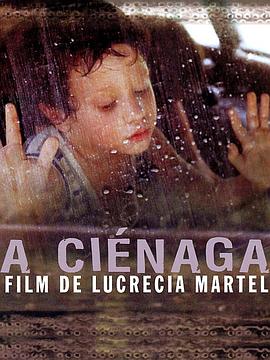
沼泽
梅赛黛斯·莫朗,格拉谢拉·博尔赫斯,马丁·艾德赫米安,蕾奥诺拉·巴尔卡斯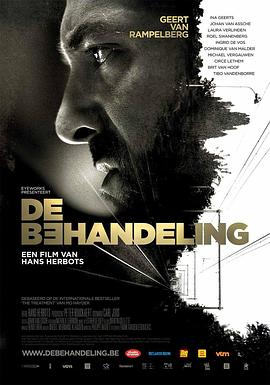
治疗
基尔特·范·朗拜博格,Ina,Geerts,Johan,van,Assche,劳拉·薇琳顿,Ingrid,De,Vos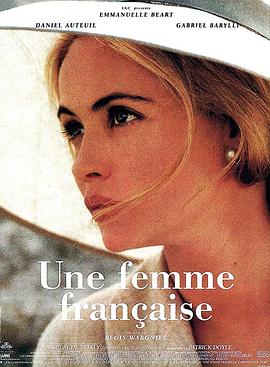
法国女人
艾曼纽·贝阿,丹尼尔·奥特伊,加布里埃尔·巴里利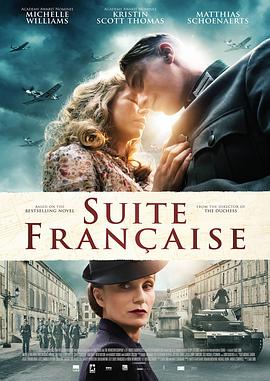
法兰西组曲
米歇尔·威廉姆斯,马提亚斯·修奈尔,克里斯汀·斯科特·托马斯,萨姆·赖利,露丝·威尔森,玛格特·罗比,朗贝尔·维尔森,汤姆·希林,艾琳·阿特金斯,哈丽特·瓦尔特,克莱尔·霍尔曼,黛博拉·芬德莱,Selcuk,Demir,Simon,Dutton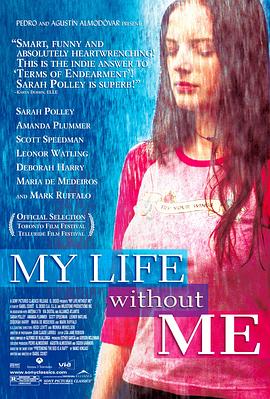
没有我的日子
萨拉·波莉,阿曼达·普拉莫,马克·鲁弗洛,斯科特·斯比德曼,蕾欧诺·瓦特林,黛布拉·哈里,阿尔弗雷德·莫里纳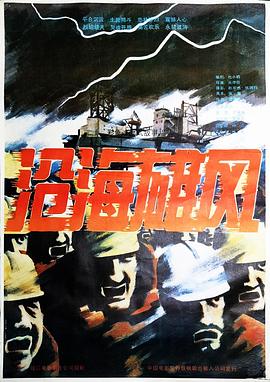
沧海雄风
王海燕,奇梦石,洪宇宙,陈锐,孟庆良,马玉良,孙浩,赵秀丽,于伟夫,张磊,杜熊文
没有影子的人
林泽均,唐荭菲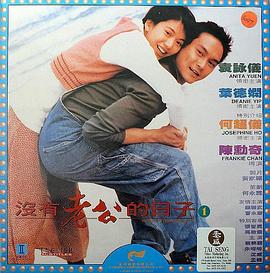
没有老公的日子
袁咏仪,何超仪,叶德娴,张智霖,朱咪咪
没有过去的男人
马库·佩尔托拉,卡蒂·奥廷宁,尤哈尼·涅梅莱,凯雅·帕卡里南,萨卡里·库斯曼嫩,Annikki,T?hti,Anneli,Sauli,叶琳娜·萨罗,欧提·马纳帕,埃斯科·尼卡里,佩尔蒂·斯维霍姆,Matti,Wuori,艾诺·塞波,詹恩·海蒂恩,安蒂·赖尼,Vesa,M?kel?,艾伦·凯伦,Eeva-Liisa,Haimelin,彼得·冯·巴赫,Liisa,Kuoppam?ki,苏勒维·佩尔托拉,玛库·帕提拉,西卢·塞佩莱,安德烈·切尔内绍夫,Timo,Linnasalo,Pentti,Auer,Ola
